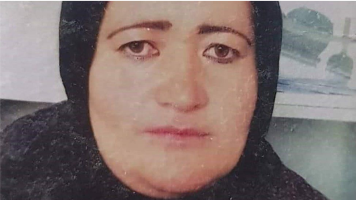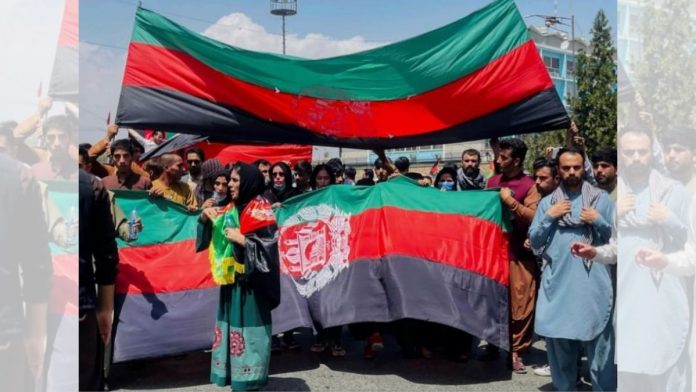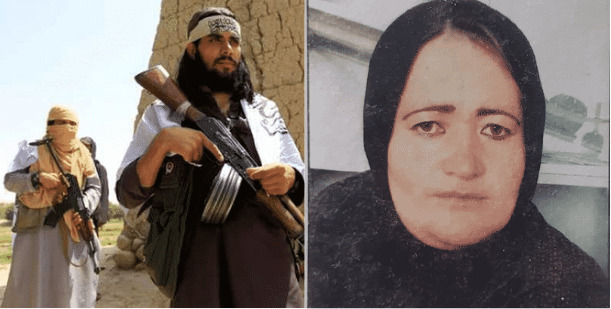On Saturday, the Taliban extremists reportedly killed an 8-month pregnant female police officer Banu Negar in the province of Ghor in central Afghanistan. The Taliban radicals mutilated her face and killed her right in front of her husband, children and relatives at her family’s home.

Relatives revealed graphic images of blood-spattered on the wall of the room and Banu Negar’s body, the face was heavily disfigured, the report added.
According to the relatives, three gunmen arrived at the police officer’s house on Saturday and searched it before tying up the family members. Moreover, the intruders were heard speaking Arabic, a witness said.
The Taliban told the BBC they had no involvement in Banu Negar’s death and they are investigating the incident. Taliban’s spokesman Zabiullah Mujahid said: “We are aware of the incident and I am confirming that the Taliban have not killed her, our investigation is ongoing.” He added that the Taliban had already announced an amnesty for people who worked for the previous administration, and put Negar’s murder down to “personal enmity or something else”.
Although the Taliban claim themselves as more tolerant than their global reputation suggests, since they invaded Afghanistan, numerous incidents of brutality and repression are being reported in parts of Afghanistan.
Read more: The first step towards delegitimising the Taliban has been taken by India
The Taliban had officially declared that they would not seek retribution against those who worked for the former government. Despite the Taliban’s claims, human rights groups have been documenting revenge killings, detentions and persecution of religious minorities, and women.
“No grudges, no revenge,” was the Taliban message at their first press conference after they usurped power. But there’s a growing abyss between Taliban statements and the message coming from the streets where every Talibani has a gun and controls his corner.
Women under the ‘New Taliban’

It’s hard to gauge the extent of abuse and harassment, particularly against women, in Afghanistan. Horrific incidents may be isolated but there’s an everyday tension now enveloping the lives of many women and those who must sustain a job to feed their families.
Read more: Sharia Law: What it means for Women, religious minorities and kids
The Taliban continued to stress on their so-called declaration, stating that “women and girls will have all their rights within Islam”. But with the rules regarding the new dress code and classes segregated by gender at universities, underscore how women’s lives are set to change, beyond perception in Afghanistan.
Even though the Taliban have tried to portray themselves as more receptive and liberal than they are perceived as, the demonstration by dozens of women in Kabul, against the Taliban, demanding the continuation of rights, portrays a different story altogether.
Read more: This time Afghanistan is not ready to surrender to the Taliban as huge protests break out
The brutal killing of Banu Negar comes amid escalating reports of repression of women in Afghanistan. Unlike the past, when Afghans folded easily, the Taliban is facing stiff resistance this time around. The Afghans are willing to put down their lives but do not want to go back to the medieval, dark, sombre era of 1996-2001.

























